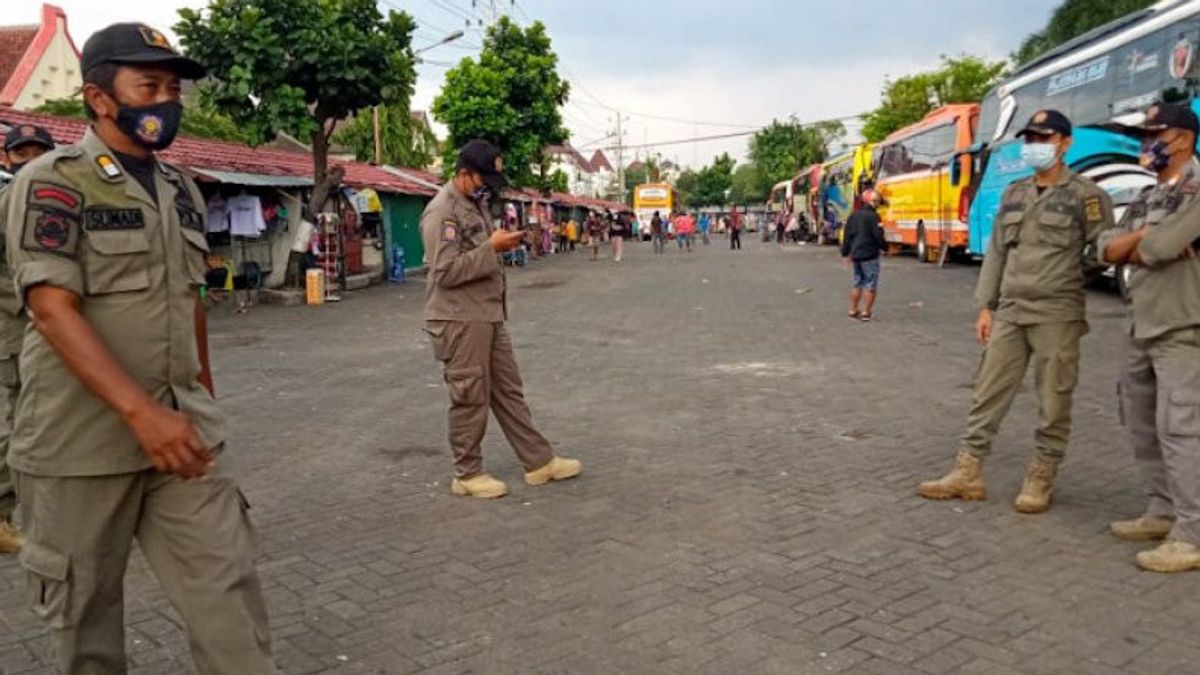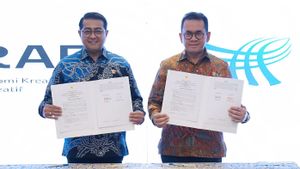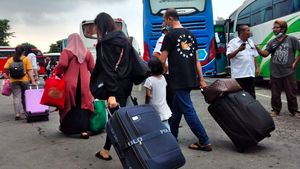YOGYAKARTA - Sri Sultan Hamengku Buwono X is considering the Yogyakarta lockdown. Epidemiologist from Gadjah Mada University Riris Andono Ahmad advised 70 percent of the people in the Special Region of Yogyakarta to be willing to stay at home for three weeks to reduce the spike in cases of COVID-19 transmission.
"For example, 70 percent of the people in DIY want to stay at home for about two transmission periods (three weeks), so we should be able to reduce cases," said Riris Andono at the Kepatihan complex, Yogyakarta, quoted by Antara, Monday, June 21.
Riris said that the 70 percent measure was used similar to the minimum measure of achieving "herd immunity" or group immunity which requires vaccination coverage of 70 percent of the Indonesian population.
If the number of DIY residents with this percentage is willing to stay at home for only three weeks, Riris believes that the virus with any variant, including the Delta variant, will have difficulty finding objects for people to infect.
"'Herd immunity' was achieved because the virus is difficult to find people to infect because 70 percent of the people do not move," said the Director of the Center for Tropical Medicine UGM.
In connection with the "lockdown" discourse previously raised by the Governor of Yogyakarta, Sri Sultan Hamengku Buwono X, he considered it merely related to the choice of terms. Whatever term he wants to use, according to him, the point is to be able to stop people's mobility.
"At the beginning of the pandemic, there was no term 'lockdown' or PSBB, yes, but how can people be asked not to move," said Riris.
Several policies on work from home (WFH), school from home, to worship from home which were quite popular at the beginning of the pandemic, according to him, can be re-applied now.
In addition, he continued, various social activities that gather a number of people should be avoided for the time being.
"Reflecting on Europe once there is a policy to restrict (limit) mobility, groups of more than three people are avoided. This frankly depends on policy," he said.
In addition to requiring policies from the government, according to him, these various control efforts need to get support from the wider community if they don't want cases of COVID-19 transmission to soar even higher.
The success of Vietnam and New Zealand in controlling transmission cases, according to Riris, is because the people are willing to support and implement government policies. "Because they want to be forced to stay at home during this period," said Riris Andono Ahmad.
The addition of positive cases in Yogyakarta peaked on Sunday (20/6) at 665 cases. This figure is the highest number of additional cases during the COVID-19 pandemic in Yogyakarta. In addition, the RTs in the red zone reached 19 RTs and those in the orange zone reached 61 RTs.
The English, Chinese, Japanese, Arabic, and French versions are automatically generated by the AI. So there may still be inaccuracies in translating, please always see Indonesian as our main language. (system supported by DigitalSiber.id)










